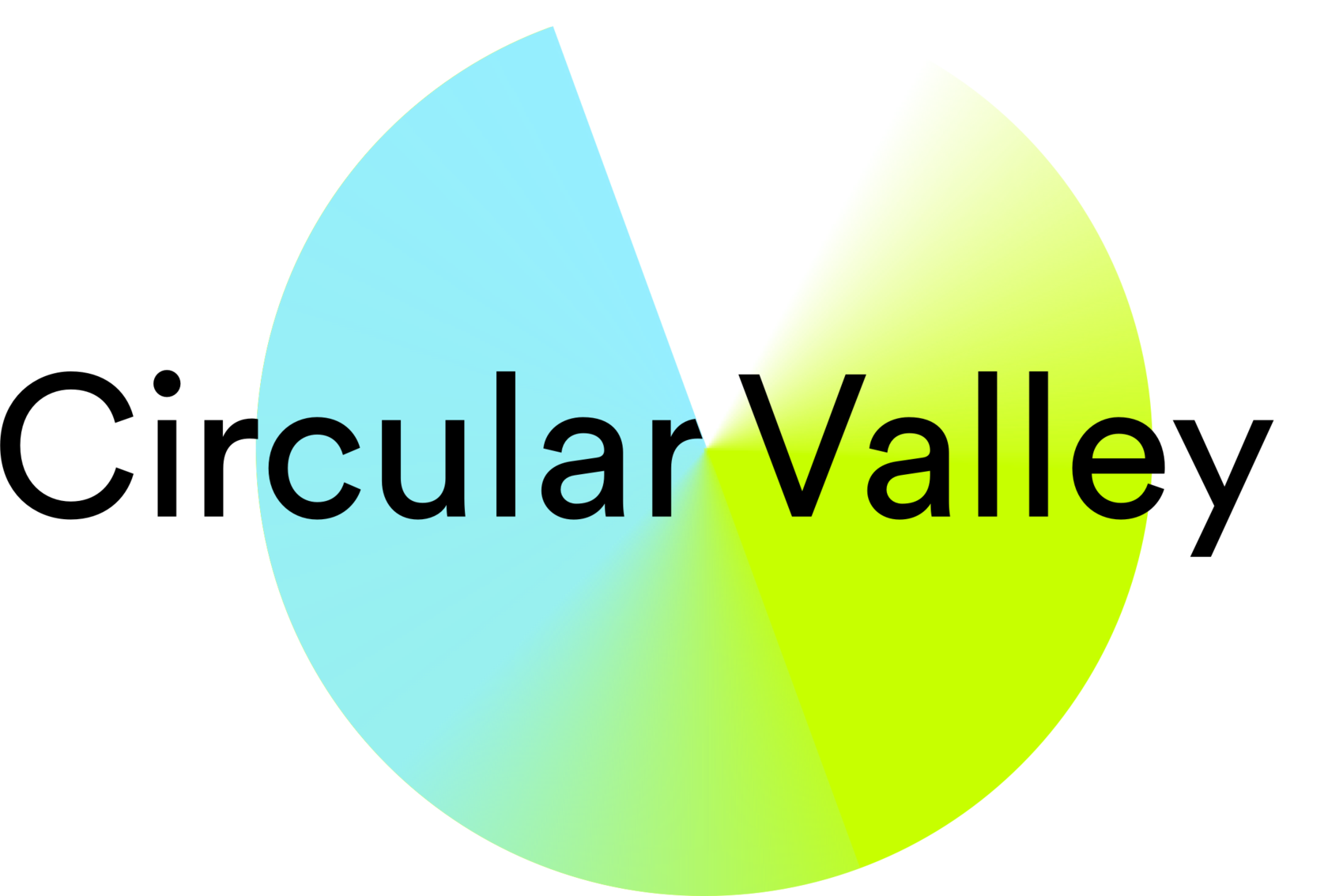2022-12-22
Circular Valley
Newsletter 4/2022
Newsletter 4/2022
March 23, 2023: Demo Day I November 2023: Circular Valley® Forum
Technology, Regulation, Communication and Supply-Chain Collaboration
Circular Valley® Forum: A day full of opportunities
During the large conference in November, representatives of the state government, numerous CEOs and board members of DAX companies, large medium-sized enterprises and important scientific institutions engaged in lively discussions on the circular economy.
Before the end of the year, Circular Valley® published a brochure that is equally interesting and encouraging: the documentation of the first Circular Valley® Forum. The brochure documents the challenges and ideas for the circular economy that top-class panelists from politics, business, research and civil society shared in front of around 800 guests. The panels' topics covered technology, regulation, communication and supply-chain collaboration.
The documentation on the forum is available here.
North-Rhine Westphalia Economics Minister Mona Neubaur opened the conference on an optimistic note: "You are Team Confidence; you are Team Courage". In light of the current crises, she said, it is crucial to transition from the throw-away society in a linear economy to a true circular economy. According to her, Circular Valley® is "exactly the right answer" to this challenge.
You are Team Confidence, you are Team Courage
Mona Neubaur,
North-Rhine Westphalia Economics Minister
Mona Neubaur,
North-Rhine Westphalia Economics Minister
In his keynote address, State Environment Minister Oliver Krischer described a close relationship in the state government between the ministry of economics and the environment. For him, he said, there was no question that he and Economics Minister Mona Neubaur would find answers to make NRW the first climate-neutral industrial region in Europe.
Throughout the first round of panels on challenges, the term "together" was the recurring magic word. The notion behind this word is the cooperation between companies and the joint decisions by business and politics. The imminent transformation is no doubt a financial feat for all parties involved, hence requiring the support. The Inflation Reduction Act in the USA was mentioned as one example of how pragmatic support could look.
The technology panel shared the consensus that the necessary technological approaches to solving most of the emission reduction challenges already exist, at least on a laboratory scale. However, the technical rollout is often hindered by regulations or the fact that some are reluctant to leave "paths" they are already pursuing. The latter in particular, is another reason why startups play an important role in this context.
The technology panel shared the consensus that the necessary technological approaches to solving most of the emission reduction challenges already exist, at least on a laboratory scale. However, the technical rollout is often hindered by regulations or the fact that some are reluctant to leave "paths" they are already pursuing. The latter in particular, is another reason why startups play an important role in this context.
The participants of the regulation panel unanimously acknowledged the overall high degree of commitment in the industry, but also noted that the necessary fundamental changes are not coming fast enough. Regulation can intensify innovations. In doing so, it should, however, be guided by a long-term perspective. If regulation considers what will be relevant in 20 years from now, it can provide certainty in terms of goals and planning. With this kind of certainty, regulation is not primarily a hurdle, but can in fact pave the long term way.
The third panel highlighted the manifold possibilities of and needs for communication, both within companies, research and political institutions, as well as to a broad public. Examples of what has worked well can and should be shared. Those who lead the way should communicate it. New narratives about the opportunities that transformations can offer are readily available. The very tempting aspect about the circular economy is that we don't have to primarily communicate restraints but can instead focus on opportunities.
By its very nature, a circular economy can only function well, if all players along the value-chain collaborate. This prerequisite was emphasized during the fourth panel. Just as a chain is only as strong as its weakest link, a circular economy is only as good as the positive contribution of each individual to the common goal of circularity. One essential collaboration partner is politics. Politics can provide tremendous support, for instance through funding and regulation.
After all the discussion rounds emphasizing the many opportunities, the closing plenary ended on an optimistic note. If overall circularity is currently only in the single-digit or low double-digit percentage range, this implies an untapped potential of more than 80 percent. A circular economy is the basis for competitiveness in the long run, but it requires a significant change in mindset. Within the European community of nations, Germany has a high level of development, strong innovative power, and its process technologies position it at the forefront. Germany can therefore make valuable contributions to establishing industry standards for the circular economy, setting up partnerships, initiating cross-border cooperation and, above all, accelerate its implementation.
By its very nature, a circular economy can only function well, if all players along the value-chain collaborate. This prerequisite was emphasized during the fourth panel. Just as a chain is only as strong as its weakest link, a circular economy is only as good as the positive contribution of each individual to the common goal of circularity. One essential collaboration partner is politics. Politics can provide tremendous support, for instance through funding and regulation.
After all the discussion rounds emphasizing the many opportunities, the closing plenary ended on an optimistic note. If overall circularity is currently only in the single-digit or low double-digit percentage range, this implies an untapped potential of more than 80 percent. A circular economy is the basis for competitiveness in the long run, but it requires a significant change in mindset. Within the European community of nations, Germany has a high level of development, strong innovative power, and its process technologies position it at the forefront. Germany can therefore make valuable contributions to establishing industry standards for the circular economy, setting up partnerships, initiating cross-border cooperation and, above all, accelerate its implementation.
Klaus Töpfer, Nathanael Liminski, HA Schult and 270 of his companions
Famous supporters for Circular Valley®
At the Circular Valley® Forum dinner, the initiative for the Rhine-Ruhr region advocated for the opportunities of the circular economy - and had well-known supporters on its side. Among others, Klaus Töpfer, NRW State Chancellery head Nathanael Liminski, action artist HA Schult and 270 of his companions.
There are different forms of applause: the appreciative-courteous type and the enthusiastic type. The festive dinner of the Circular Valley® Forum in the Historische Stadthalle Wuppertal was characterized by the latter. Many of the over 500 guests were already convinced supporters of the initiative. Those who were not yet familiar with Circular Valley®, were definitely enthusiastic afterwards, not least thanks to the many prominent supporters.
Former German Environment Minister and UN Director Klaus Töpfer is considered one of the founding fathers of the circular economy. At the age of 84, he has not lost a single bit of his enthusiasm for the topic: "Circular economy does not start with recycling. We have to think of products in such a way that they can be recycled and have a longer lifespan". Töpfer's successful advancement of the The Dual System and Grüner Punkt in Germany were instrumental to the foundation of an entire industry, he said. "And today, this is a high-tech industry."
Klaus Töpfer at the Circular Valley® Forum
Foto: Circular Valley®, Jan Turek
HA Schult and Dr. Carsten Gerhardt
Foto: Circular Valley®, Jan Turek
In addition to the over 500 guests, another 270 special guests were in Wuppertal, thanks to the action artist HA Schult. HA Schult staged his Trash People in the Stadthalle: life-size figures made of waste, with which he raises attention for the littering of our planet. This was a special honor for Circular Valley®, as the Trash People previously stood by the pyramids in Egypt, on the Great Wall of China, and in Moscow's Red Square. Schult delivered a short and clear message to participants at the Forum, "Make something of yourselves. You are young and capable."
27-year-old general music director Patrick Hahn experienced no less than three moments of enthusiastic applause with the Wuppertal Symphony Orchestra. Before their performance, the musicians explained how committed they are to the issue of sustainability. As an "orchestra of change", for instance, they engaged in reforestation projects to obtain sustainably-sourced wood for their instruments.
There was also support for Circular Valley® from various political levels: Federal Research Minister Bettina Stark-Watzinger and Flemish Prime Minister Jan Jambon joined the event through the main screen, and the head of the NRW State Chancellery, Nathanael Liminski, joined the festive dinner in person. "With the Circular Valley® initiative, you strive to be a pacemaker for the circular economy, to set impulses for the country and beyond," Stark-Watzinger said. The German government, in turn, is currently bundling all activities in a "circular economy strategy". "We want to be pioneers in Europe," she said.
There was also support for Circular Valley® from various political levels: Federal Research Minister Bettina Stark-Watzinger and Flemish Prime Minister Jan Jambon joined the event through the main screen, and the head of the NRW State Chancellery, Nathanael Liminski, joined the festive dinner in person. "With the Circular Valley® initiative, you strive to be a pacemaker for the circular economy, to set impulses for the country and beyond," Stark-Watzinger said. The German government, in turn, is currently bundling all activities in a "circular economy strategy". "We want to be pioneers in Europe," she said.
The German government is currently bundling all activities in a "circular economy strategy"
Bettina Stark-Watzinger,
Federal Research Minister
Bettina Stark-Watzinger,
Federal Research Minister
State Chancellor Nathanael Liminski at the festive dinner
Foto: Circular Valley®, Jan Turek
State Chancellor Liminski praised Circular Valley®'s networking efforts as "excellent." He said it brings together large and small companies that would otherwise not necessarily meet. Liminski emphasized the state government's great interest in "implementing the project on a large scale" and not limiting it to North Rhine-Westphalia. For this reason, the Forum places "great emphasis on making this a cross-border project".
Flemish Prime Minister Jambon not only delivered his speech in German, but also included a very special gesture. He explained why Flanders, North-Rhine Westphalia and the Netherlands have a good tradition of cross-border cooperation and offer ideal conditions for a european center for the circular economy. Jambon said he wanted to continue and deepen this cooperation. "I extend my hand to North Rhine-Westphalia," he said, announcing a declaration of intent between Flanders and Germany's most populous state North-Rhine Westphalia.
Circular Valley Forum 2022 - Highlights
Let's look back at our first annual Circular Valley Forum on November 18th, 2022.
Batch#4
15 new "Giga-Impact" startups in Circular Valley®
The circular economy initiative has selected young companies to be supported this winter in the extended Rhine-Ruhr region. The startups' solutions have the potential to reduce emissions on a very large scale.
For the fourth batch of the Circular Valley® Accelerator Program, the jury has now selected 15 international startups from four different continents developing solutions to daunting problems. What their business models share is their "giga impact". Giga-impact refers to material flows that are not measured in kilograms or single tons, but in billions of tons (gigatons). Among others, these flows include CO2, construction waste or wastewater. "We were impressed by the applications from so many entrepreneurs with very specific ideas to make progress in renewable energies, for water treatment or the collection of sorted waste. This gives us great hope for the planet," says Dr. Carsten Gerhardt, Chairman of the Board of the Circular-Valley® Foundation.
The Circular Economy Accelerator differs from most other funding programs in one important dimension: While other programs are typically locally or regionally oriented, Circular Valley® has a clear international focus.
This becomes evident since the startups are not only from Germany, but also include other European, as well as Palestinian, Kenyan, Singaporean and US startups.
Until the DemoDay on March 23rd, the founders will continue developing their business models in the Rhine-Ruhr region and, thanks to the large Circular Valley® network, will meet numerous representatives from established companies. The exchanges between startups and established companies will take place in an open environment, in which bringing together their different perspectives can provide a mutual benefit.
The new Circular Valley® startups focus on five areas: platform solutions, renewable energy, water treatment and desalination, source-separated collection, and construction materials waste.
Until the DemoDay on March 23rd, the founders will continue developing their business models in the Rhine-Ruhr region and, thanks to the large Circular Valley® network, will meet numerous representatives from established companies. The exchanges between startups and established companies will take place in an open environment, in which bringing together their different perspectives can provide a mutual benefit.
The new Circular Valley® startups focus on five areas: platform solutions, renewable energy, water treatment and desalination, source-separated collection, and construction materials waste.
The participants of the fourth batch at a glance:
Platform Solutions
- Clickwaste I Germany
- Cyrkl I Czech Republic/Austria
- MikaCycle I France
Water treatment and desalination
- Colea AgriTech I Palestine
- CyFract I Germany
- Desolenator I Netherlands
- Bio-Recycler I Kenya
- Hydroleap I Singapore
- Landco I Luxembourg
Renewable energy
- 1s1 Energy I USA
- CO2NVERT I Italy
Source-separated waste collection
- LiveLoveRecycle I Lebanon
- Lixo I France
- Rhinopaq I Germany
Construction material waste
- RecycleX I India
Workshop
Long jumps, deep thinking
In the run-up to the Circular Valley® Forum, Circular Economy startups from around the world met for a "Deep Thinking Matters" workshop at the world's largest ski jump in Willingen in the Sauerland region. The focus of the two days, which were conceived together with Prof. Channing Robertson from Stanford University, was the question of which approaches can help the Circular Economy achieve a fundamental breakthrough.
The assessment of the possibilities that the was consistently positive among the participants. The participants see us on a planet of abundance, a "Planet of Plenty". However, as humans, we have a tendency of getting in our own way when making this abundance accessible for everyone. The fact that the sun radiates around 10,000 times more energy onto earth than the entire global population consumes in primary energy every day, is exceedingly good news. Even more so, when you consider all the readily available technologies to convert wind or sun into electricity with wind turbines and photovoltaic panels. In the current crisis, energy appears to be a scarce commodity, especially in Germany. However, this crisis is only a reflection of the limited availability of a single energy carrier, one which will become obsolete anyhow, given its associated greenhouse gasses.
The assessment of the possibilities that the was consistently positive among the participants. The participants see us on a planet of abundance, a "Planet of Plenty". However, as humans, we have a tendency of getting in our own way when making this abundance accessible for everyone. The fact that the sun radiates around 10,000 times more energy onto earth than the entire global population consumes in primary energy every day, is exceedingly good news. Even more so, when you consider all the readily available technologies to convert wind or sun into electricity with wind turbines and photovoltaic panels. In the current crisis, energy appears to be a scarce commodity, especially in Germany. However, this crisis is only a reflection of the limited availability of a single energy carrier, one which will become obsolete anyhow, given its associated greenhouse gasses.
The so-called energy payback period for wind turbines and photovoltaic modules in favorable locations is ranges from a few months for wind to one to two years for solar energy. What this means is that during this time period, the installations have generated as much energy as was needed in the extraction of the required raw materials, the production, construction and possibly even their dismantling. What follows from this is the notion that there should be little hurdles to exponential growth of renewable energies.
In the same way that the sun is the energy source of all biological cycles, it can also directly and indirectly drive economic cycles in a circular economy. With sufficiently available clean renewable energy, the material cycles in the technosphere can be closed. Essentially, breaking down all products into their initial building blocks is only a matter of energy input. Admittedly, the path towards harnessing the full potential of renewable energy is still a long way. Nevertheless, this fundamental possibility greatly inspired the participants of the "Deep Thinking Matters" workshop.
In the same way that the sun is the energy source of all biological cycles, it can also directly and indirectly drive economic cycles in a circular economy. With sufficiently available clean renewable energy, the material cycles in the technosphere can be closed. Essentially, breaking down all products into their initial building blocks is only a matter of energy input. Admittedly, the path towards harnessing the full potential of renewable energy is still a long way. Nevertheless, this fundamental possibility greatly inspired the participants of the "Deep Thinking Matters" workshop.
Wuppertal as a business location
Honored with the Wuppertal Business Award
For the Wuppertal Bewegung, October 20th was a repetition of a unique moment. For the second time, the association experienced that one of its initiatives was honored with the Wuppertal Business Award in the category City Marketing: Circular Valley® received the 2022 award, just as the Wuppertal Bewegung did in 2007 for reviving a former railroad line (Nordbahntrasse) into an inner-city pedestrian, bicycle and skate path.
The 2022 jury recognized that Circular Valley® brings together companies, start-ups, science, politics and society, enabling interdisciplinary and cross-border collaboration to foster the circular. Laudator Dietmar Schwabe-Werner, member of the management of Mercedes-Benz Sales Directorate West, said: "In view of the current energy and climate issues, the circular economy is becoming increasingly important. Using raw materials more efficiently or even replacing them is the goal of numerous established companies and start-ups. They all find a place in Circular Valley®, which is both a start-up center and accelerator for these activities.
Through their project, Dr. Carsten Gerhardt and his team have set a new focus on Wuppertal as a business location and have shown that in this way, the local region can become an international center for circular value creation - that is pure location marketing.
Dietmar Schwabe-Werner,
Member of the management of Mercedes-Benz Sales Directorate West
Dietmar Schwabe-Werner,
Member of the management of Mercedes-Benz Sales Directorate West
TechTour I Drees & Sommer
Sustainability Trilogy
In October and November, Wuppertal was dedicated to sustainability - with the Circular Valley® Forum as the grand finale. In the run-up to the event, there were two opportunities to get involved with two of the Forum's focal points: the Bioeconomy and Sustainable Construction.
On the first topic, the TechTour brought exciting companies to the Historische Stadthalle Wuppertal. At the "Bio-based Scaling & Finance Forum", the participants attended numerous live and online sessions to learn about the strategic financing and partnership opportunities from around 40 companies of various sizes. On the second day of the tech tour event, more than 30 selected "game changers" presented their innovations for agriculture and forestry, bio-based chemicals and personal care products. These gamechangers find themselves at different stages of development and are therefore interesting for different forms of investment. Among the selected frontrunners, was the startup Bioweg. Bioweg participated in the second batch of Circular Valley's® Accelerator Program.
Prateek Mahalwar from Bioweg presenting at the TechTour
Foto: Circular Valley®, Jan Turek
The TechTour community has existed for more than 20 years and been a guest in numerous European cities. For the first time, it was a guest in Wuppertal this year. Circular Valley® and the TechTour are a perfect match, given that the circular economy initiative Circular Valley® will also expand its activities in the bioeconomy.
At the Drees & Sommer theme dialogue.
Foto: Circular Valley®, Jan Turek
The international consulting firm Drees & Sommer specializes in construction and real estate topics. It brings startups and established companies, business and science into dialogue at eye level.
During the theme dialog in Wuppertal, Drees & Sommer, Circular Valley® and the event's participants discussed future strategies for entire regions. With respect to the region Circular Valley® spans, the focus lay on circular solutions for products, buildings and cities.
During the theme dialog in Wuppertal, Drees & Sommer, Circular Valley® and the event's participants discussed future strategies for entire regions. With respect to the region Circular Valley® spans, the focus lay on circular solutions for products, buildings and cities.
A good place to discuss the circular economy
Circular Valley® at Greener Manufacturing Show in Cologne
The Greener Manufacturing Show is an important event for companies truly committed to sustainability.
The fair is about materials, packaging, green chemistry, energy, and emissions. Consequently, the Greener Manufacturing Show is also a very good place to discuss the circular economy. The Circular Valley® team did this in two ways at the beginning of November: with a well-attended booth in the exhibition hall in Cologne and by organizing a panel on circular economy. Helmut Schmitz (Der Grüne Punkt), Patrick Glöckner (Evonik), Michael Kroh (Vorwerk) and host Dr. Carsten Gerhardt (Circular Valley®) spoke about bio-based materials that can replace fossil-fuel based plastics. Their thoughts not only resonated with the panel listeners, but also stimulated subsequent discussions at the Circular Valley® booth.
The next Greener Manufacturing Show is scheduled for November 8th and 9th, 2023 – and, needless to say, Circular Valley® will be present there too.
DNP
The Sustainability Award book and magazine
Since 2008, the German Sustainability Award (DNP) has presented the best examples of how environmental and social progress can be achieved more quickly.
For the same reason, the DNP team is also in close contact with Circular Valley®. This frequent exchange manifested itself twice this winter: in the Sustainability Award magazine and in a book published on the occasion of the 15th award ceremony.
The sustainability book describes the milestones of sustainability, explains some of its most important relationships and shows its large potentials. The book outlines practical solutions and examples of successful transformations from the past 15 years. The honorary prize winners and the most renowned experts who have been a part of the sustainability prize over time also provide valuable impulses - as does Circular Valley®. In the article about Circular Valley®, it becomes clear why the initiative has hit the right time. Although Germany was once the world leader in the circular economy, the rest of the world has caught up and so it is now time to ignite the next stage: An international hotspot that spans a broad range of circularity-related topics. Circular Valley® is a perfect fit for this.
One focus of the Sustainability Award magazine is how prosperous collaboration between established companies and start-ups can be. Circular Valley® founder Dr. Carsten Gerhardt and Christian Herrendorf from the initiative's communications team answered this question with the idea of entrepreneurial empathy. This means that both sides put themselves in each other's shoes, understand each other's (also cultural) particularities. This mutual understanding is lived out in Circular Valley® programs and in the partnerships that have been emanated from it.
One focus of the Sustainability Award magazine is how prosperous collaboration between established companies and start-ups can be. Circular Valley® founder Dr. Carsten Gerhardt and Christian Herrendorf from the initiative's communications team answered this question with the idea of entrepreneurial empathy. This means that both sides put themselves in each other's shoes, understand each other's (also cultural) particularities. This mutual understanding is lived out in Circular Valley® programs and in the partnerships that have been emanated from it.
The magazine "#DNP15" is published as a printed edition in the German newspaper FAZ and can be accessed online.
Networking
Cooperation in international development collaboration
Circular Valley® is becoming even more international. Since its foundation in the summer of 2021, the Accelerator Program has already created a global network.
Now, cooperation across national and continental borders is being extended even further: Circular Valley® and the German Development Agency (GIZ) are deepening their cooperation, as they announced at the festive dinner of the Circular Valley® Forum. GIZ acts on behalf of various German federal ministries in development policy. Meetings to continue what began with online workshops, joint conferences, and the visit of Minister Svenja Schulze to Circular Valley® in recent months, have already been arranged for the upcoming weeks.
Svenja Schulze's ministry, the Federal Ministry for Economic Cooperation and Development (BMZ), sees the circular economy as an important lever for a socially just transformation, enabling new and fair jobs and for achieving the environmental and development agendas. In accordance to the United Nations' 2030 Agenda, Germany is striving to achieve environmentally sound management of all its waste. In addition to bilateral projects between countries, the BMZ also promotes partnerships with the private sector, non-governmental organizations, and international initiatives. Within this context, it has set up its own innovation program for circular economy solutions with the PREVENT Waste Alliance.
Svenja Schulze's ministry, the Federal Ministry for Economic Cooperation and Development (BMZ), sees the circular economy as an important lever for a socially just transformation, enabling new and fair jobs and for achieving the environmental and development agendas. In accordance to the United Nations' 2030 Agenda, Germany is striving to achieve environmentally sound management of all its waste. In addition to bilateral projects between countries, the BMZ also promotes partnerships with the private sector, non-governmental organizations, and international initiatives. Within this context, it has set up its own innovation program for circular economy solutions with the PREVENT Waste Alliance.
The goal of this project, implemented by GIZ on behalf of the BMZ, is to establish a functioning and inclusive waste treatment and circular economy, especially in developing and emerging countries.
The ministry pays particular attention to improving urban waste management in cities, to decrease both local pollution, as well as ocean pollution by waste from mainlands. Svenja Schulze met young entrepreneurs engaged in these topics in Circular Valley® and was enthusiastic about the startups and their business ideas.
Elberfeld Vocational College
Circular workshops for school students
The day began like a normal day at school and ended with the playful founding of a startup, thanks to the workshop hosted by the Circular Valley® team at the Elberfeld Vocational College in Wuppertal. This format will be continued on a regular basis in the future.
First, the group of students learnt about the challenges and solutions of a circular economy from a theoretical perspective. The participants then chose one of the 17 UN Sustainable Development Goals (SDGs) and discussed how this goal could be achieved and how realistic their own startup approach is. They received additional inspiration from the Circular Valley® team, who shared the business models of some of the startups that have been supported by the Circular Economy Accelerator thus far. This included learning about startups engaged in battery or wind turbine blade recycling.
The students then acted out the path of such a young company. They chose a specific problem, explored which product could help solve it and how they could best reach customers and consumers. In the end, they came up with four great ideas: a tool in a water tap to reduce consumption, a logistics company that does not use disposable packaging, a company that produces CO2 filters, and a manufacturer of recyclable e-cigarettes.
The students then acted out the path of such a young company. They chose a specific problem, explored which product could help solve it and how they could best reach customers and consumers. In the end, they came up with four great ideas: a tool in a water tap to reduce consumption, a logistics company that does not use disposable packaging, a company that produces CO2 filters, and a manufacturer of recyclable e-cigarettes.
If you are interested in conducting a circular economy workshop in a school, please reach out to: info@circular-valley.org.
Media
Great media interest
In recent weeks, Circular Valley® has received significant attention in national and international newspapers, online sites and on TV.
For instance, WDR broadcasted live from the Circular Valley® Forum. The team around the host Christian Licht interviewed State Chancellor Nathanael Liminski and CEO Andreas Mucke in the Historische Stadthalle Wuppertal. Moreover, the feature covered the story of two successful Circular Valley® startups.
The German economic magazine Wirtschaftswoche interviewed founder Dr. Carsten Gerhardt. Among other things, they discussed an "Ebay for industrial waste". Deutsche Welle reported on the initiative's appeal to young companies from all continents, while Welt am Sonntag focused on the transformation to a truly circular economy. Finally, the Packing Journal reported on Federal Research Minister Bettina Stark-Watzinger great support for the initiative.
The German economic magazine Wirtschaftswoche interviewed founder Dr. Carsten Gerhardt. Among other things, they discussed an "Ebay for industrial waste". Deutsche Welle reported on the initiative's appeal to young companies from all continents, while Welt am Sonntag focused on the transformation to a truly circular economy. Finally, the Packing Journal reported on Federal Research Minister Bettina Stark-Watzinger great support for the initiative.
An overview of the media reports can be found here.
Networking
Podcast on the Circular Economy
Andreas Mucke, Managing Director of the Circular Economy Accelerator, was a guest on ELBA-Talk. The conversation was subsequently published as a podcast by the radio station "Radio Wuppertal".
Together with the host Lisa Jülich, Mucke discussed how a lot of energy and large quantities of materials are currently lost in our economy, because they are not circulated. To this end, he emphasized that we need to transform into a truly circular economy "very quickly". Wuppertal and the extended Rhine-Ruhr region are the ideal place for this according to Mucke: "We can do business, we can do industry, we can invent, we can innovate". With its many network partners from business, science and politics, Circular Valley® has the potential to become a hotspot for the circular economy, the way Silicon Valley is the hotspot for the digital economy.
Towards the end of the program, Mucke mentioned the possibility of a special cooperation with neighboring countries. A cross-border circular initiative could develop with Flanders and possibly the Netherlands. Mucke promised:
Towards the end of the program, Mucke mentioned the possibility of a special cooperation with neighboring countries. A cross-border circular initiative could develop with Flanders and possibly the Netherlands. Mucke promised:
We will continue broadening the network in 2023.
Andreas Mucke,
Managing Director of the Circular Economy Accelerator
Andreas Mucke,
Managing Director of the Circular Economy Accelerator
The podcast can be found here.
2023
Save the date
March 23, 2023
Demo Day
On this day, the startups of the Accelerator program's fourth batch will present their progress from the time spent in Circular Valley® to a large audience. The young companies come to the extended Rhine-Ruhr region with ideas and business cases to roll-out solutions for our planet on a giga-scale. Throughout the program, the startups will have developed their ideas further, promising exciting insights on the DemoDay. Experience shows that this evening is also always the beginning of special partnerships between established companies and founders.
November 2023
Circular Valley® Forum
The large circular economy conference in November 2022 had an impressive premiere. More than 800 guests spent an entire day discussing challenges and solutions to establishing a truly circular economy. Many of the key take-aways related to inspiring ideas for the future - not least from the many prominent visitors on stage during the festive dinner. The second Forum will pick up exactly there, offering a day of inspiration as well as high-quality exchange.
